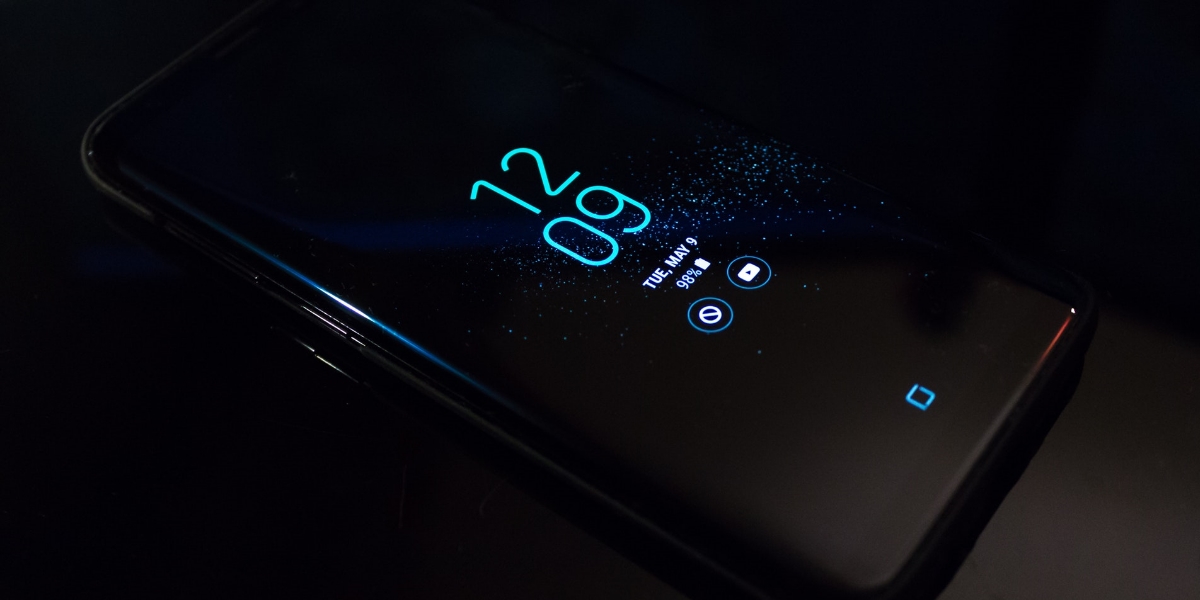Whether you want to build a productivity app, a game or a music player,
mobile app development is a lucrative market to be a part of. According to data and predictions,
the mobile app market is set to grow up to 385% by the year 2021 from where it is today. This is a staggering growth rate bolstered by the fact that billions of people across the world have access to Android and iOS devices.
But how do you start developing a mobile app that caters to the right crowd and is sustainable enough for long-term monetization? Let’s take a look at several factors and steps you should consider before you start building your mobile app.
1. Develop a Customer Profile
It’s important to know who your app is going to cater to before you create it. For example, sports games cater to very different mobile users than puzzles or social MMO games.
While this is a rudimentary example, it illustrates the point of having to
create a customer profile first and foremost. Things like gender, age, lifestyle choices and mobile use frequency should be taken into consideration. Once you have a better idea of who you will target with your app, you can then proceed to the development process itself.
2. Native or Hybrid
The choice of
your API will be determined by the platforms your app will target. Most applications, games and mobile software in general target both Android and iOS devices.
If this is the route you will take, then you should choose a hybrid API for your application. Alternatively, a native API can be used for Android or iOS respectively and ported to the other system depending on market needs and requirements down the line.
3. Develop a Business Model
According to statistics, there will be 258 billion
downloads of mobile apps by the year 2022. Each of these downloads can and should be monetized accordingly so that the development team can keep doing what they do best.
The same applies to your mobile app which is why you need a sustainable business model before the app goes live. Will your app be free and supported through advertisement and small in-app purchases? Will you launch a premium app instead and ask for a flat, upfront fee from the users? Practice has shown that the former has a much better chance of surviving in the mobile app market given the sheer volume of applications to choose from.
4. Build Buzz along the Way
It’s a good idea to start the marketing campaign for your app before you launch it officially. This will ensure that you have enough “early birds” on your side to test the application as soon as you release it officially. You can do this through numerous platforms including social media,
YouTube or curated content through
Trust My Paper.
Choose the options that make sense in regards to the nature of your app and the crowd it caters to. You can also post screenshots and descriptions on Google and iOS stores in order to get people to subscribe early and receive a notification as soon as the app is available. Don’t wait until launch day to start building hype around your work.
5. Prepare for Post-Launch Support
Mobile apps are rarely a one-and-done affair. Both you and your team should prepare for inevitable compatibility issues, bug fixes and ongoing support of the application. It’s a good idea to
develop a content roadmap for your app, especially if you opt for the premium business model. Your potential users will want to know exactly what to expect from the application going forward, as well as how long you plan on supporting it with patches and new options.
Each mobile app exists in a vast marketplace of other apps. Users can just as easily opt out and look for another app if they aren’t satisfied with the one you provide for them. Be as transparent as you can be at this stage of development, but don’t take your users’ trust and curiosity for granted.
In Conclusion
You can never be fully prepared for app development without diving into the process itself eventually. Once you begin putting things in place, don’t be afraid to shift your priorities around as you go.
You may get an idea of how to develop a completely different idea from what you initially wanted to do and that’s okay. Great ideas come from hard work and outside-the-box thinking; both of which will help you develop a standout mobile app in no time.

